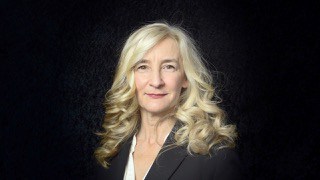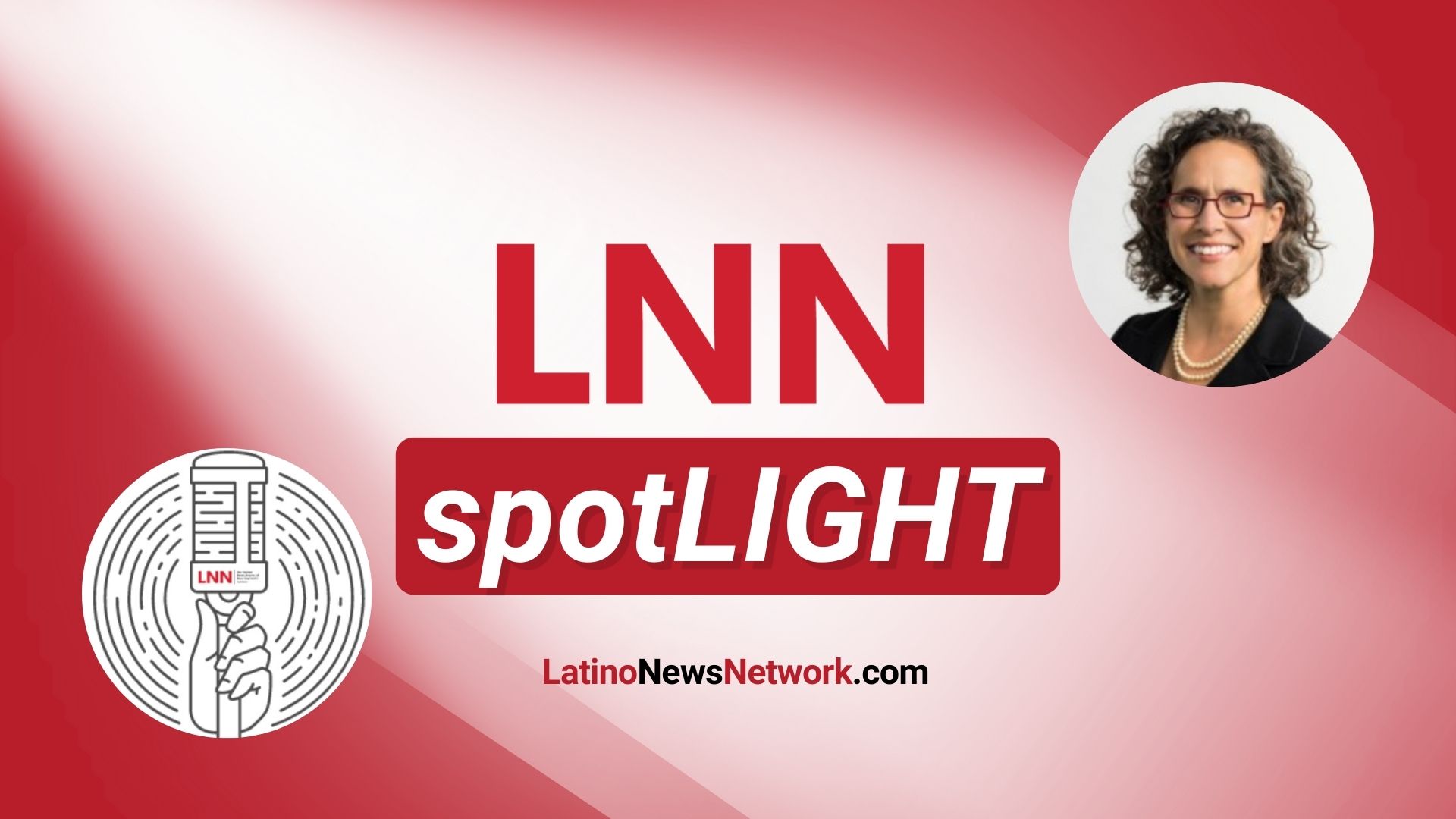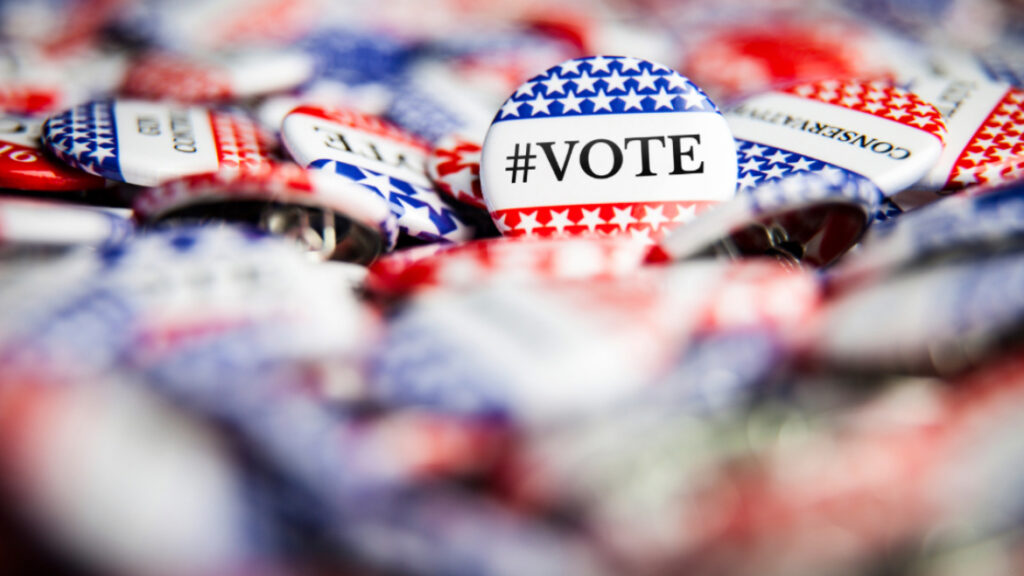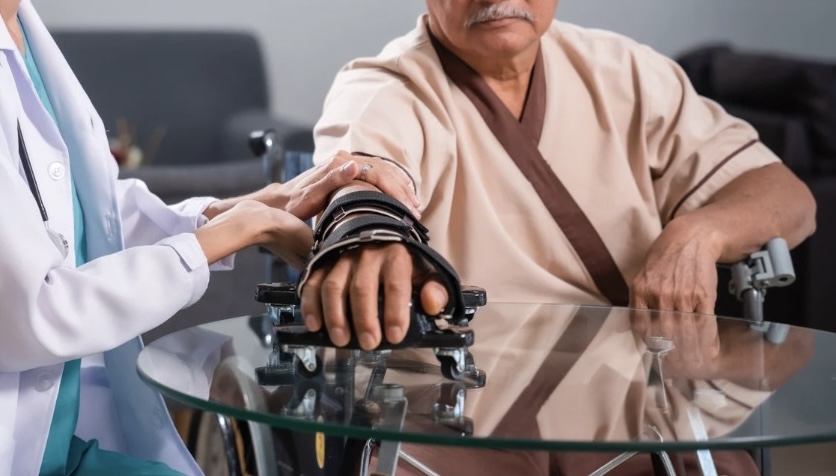This week’s featured guest was Lisa Beaudoin, executive director of ABLE (Advocates Building Lasting Equality) NH. This week’s topics were on disability justice, the impact of COVID-19 on individuals with disabilities, and equality for these groups.
The mission of ABLE is to advocate for human and civil rights for those with disabilities. The organization does this by influencing lawmakers and creating community events for residents of the community to push for change.
The impact of COVID-19 has impacted how the organization engages with the community. “COVID has made it very difficult because people with disabilities already face many barriers to accessing ordinary parts of community life and more generally people with disabilities have more difficulty accessing the American Dream the way everyone else does,” said Beaudoin in explaining the impact of COVID. “The isolation of COVID has made it very difficult for ABLE New Hampshire to do its community organizing work. People with disabilities have been more impacted by COVID.”
ABLE has struggled to help those with disabilities to meet with decision-makers to work on policies that improve the lives of these groups. “Anybody who has an opportunity to work on policies that impact people with disabilities getting them the tools they need is tougher through zoom,” explained Beaudoin. This has led to having all community training to be done virtually and has led to immense difficulty in connecting individuals with disabilities to decision-makers.
A response education plan was done to support children with disabilities, educate parents about their children’s rights, and connect them to elected officials and the Department of Education to address the issues they face.
Individuals with disabilities that come from communities of color require more attention as they don’t produce positive outcomes in standard education. “We have to spend a lot of time trying to provide support to low socioeconomic and communities of color so they can be represented in school board meetings and town meetings so their voices can be elevated and their needs are heard. When you start intersecting race and disability the outcomes become more grim,” Beaudoin explaining how underprivileged communities face more barriers in equal access to education. As more backgrounds intersect it becomes harder to provide equal access to opportunities as those who do not fall under many categories.
“The bottom line is that New Hampshire is very White and very racist. When we think about students with disabilities the overwhelming majority of them in New Hampshire are White. We have to spend a lot of extra time working to make sure that we highlight both as an organization as well as when we’re out there organizing families we have to make sure that we provide a lot of space so that students with disabilities who are students with color that their parents get the tools that they need to advocate within the individualized education planning team meetings so that their students get what they need and we need those same parents to go and tell the stories that not only their students facing barriers towards education because of their race but when you couple that with a disability it is that much more challenging to get equitable access to education particularly in Manchester,” explained Beaudoin. In the city of Manchester, it not only takes the work of ABLE to advocate for those with disabilities, but it takes the work of the parents of these individuals to advocate for their students.
Racism and ableism carry a negative connotation on colored communities. “Teachers accidentally have lower expectations with students with disabilities and students of color because we have the background of racism and ableism to expect less,” explained Beaudoin. “New Hampshire was very White until we had a refugee resettlement program in the early ’90s, and Manchester went from being an all-White city to a city with a lot of new folks who didn’t speak English and who looked very different and brought new cultural norms. This was a bit of a shock for Manchester.” This cultural shock did not go as smoothly as some had anticipated and as a result, created many divisions within Manchester.
Having the willingness to sit down and listen, hear, and understand others for who they are and not by who we think they are is what is lacking in many culturally divided communities. “It takes a lot of bravery for folks to sit down with people and listen deeply and learn about how the world should be an open place and a welcoming place for everyone,” clarified Beaudoin. Many go through life believing that if they are not White or affluent they don’t belong in society and don’t deserve to succeed. This can be broken by releasing our assumptions of each other and getting to know people for who they are and why they believe in the things that they believe in.
ABLE has three statewide task forces, and one of them is the inclusivity education task force. Their mission is to work with other non-profits that bring colored communities and White communities together to advocate for reform in Manchester education. “When you lift up equity for one group you lift up equity for all groups. Equity in education is designed so that we all get lifted together,” stated Beaudoin. When all groups come together, an equity-driven curriculum for all groups becomes possible. We are only as strong as we are united and weak as we are divided, and ABLE is making an effort to bring all communities together to challenge the systemic racism of Manchester.
There are barriers that exist within our societies that prevent certain groups from succeeding at their full potential and experiencing the American Dream. All of us need to feel like we belong in our communities. When we see something wrong we have to be vulnerable and speak up about the issues we are experiencing. If people are suffering, ask them why. These are simple things we can all do to better our communities and promote understanding and belongingness for all people. This is something we all have to work on as the less involved we are the longer it will take for us to get there.
Resources mentioned in the video:
ABLE NH: https://www.ablenh.org/
Granite State Organizing Project: http://granitestateorganizing.org/
NAACP Manchester Chapter: https://naacpmanchesternh.com/




